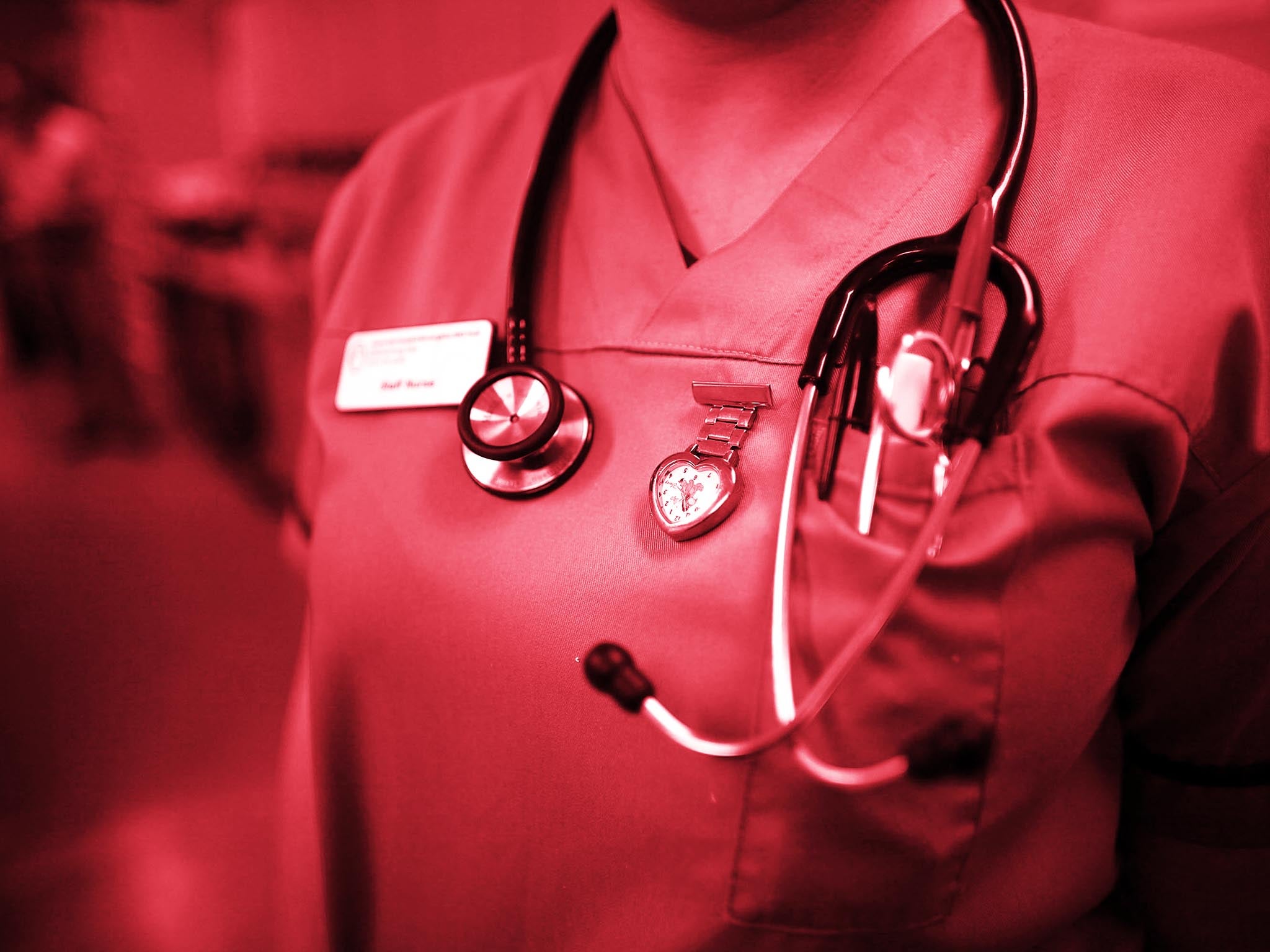Will a Boris Johnson government deliver 50,000 more NHS nurses?

Your support helps us to tell the story
From reproductive rights to climate change to Big Tech, The Independent is on the ground when the story is developing. Whether it's investigating the financials of Elon Musk's pro-Trump PAC or producing our latest documentary, 'The A Word', which shines a light on the American women fighting for reproductive rights, we know how important it is to parse out the facts from the messaging.
At such a critical moment in US history, we need reporters on the ground. Your donation allows us to keep sending journalists to speak to both sides of the story.
The Independent is trusted by Americans across the entire political spectrum. And unlike many other quality news outlets, we choose not to lock Americans out of our reporting and analysis with paywalls. We believe quality journalism should be available to everyone, paid for by those who can afford it.
Your support makes all the difference.Unveiling the Conservatives’ manifesto, Boris Johnson sad the NHS would receive the biggest cash boost for a generation if wins next month’s general election. Central to his pledge was a commitment to increase the number of nurses.
What is Boris Johnson proposing?
The prime minister said a majority government would deliver “50,000 more nurses”, 6,000 more doctors and 50 million more GP surgery appointments each year as part of “the biggest cash boost for the NHS for a generation”, worth an extra £34bn by the end of the next parliament.
The party claimed they would achieve this recruitment target by 2045-5.
Mr Johnson also vowed to reintroduce maintenance grants for trainee nurses, worth between £5,000 and £8,000 a year. But they will still have to pay tuition fees, which they did not have to prior to 2017.
How many nurses are needed?
There are currently 280,000 nurses in England, but according to the Royal College of Nursing, there are almost 40,000 nursing posts vacant in the NHS in England, which the organisation describes as a “workforce crisis”.
The Conservative government also removed nursing bursaries in 2017, requiring nurses and midwives to pay £9,000 a year in fees and living costs – leading to a stark drop in the numbers studying nursing.
What is in the detail of Boris Johnson’s proposal?
Not “50,000 more nurses”. After the manifesto event, party sources confirmed the figure includes an estimated 18,500 existing nurses who will be encouraged to remain within the NHS or attracted back after leaving.
The recruitment plan – alongside £725m – of government money, includes 14,000 new nursing places support by bursaries of up to £8,000. A further 5,000 nursing apprenticeships will be created while an attempt will be made to recruit 12,500 from abroad.
What are the opposition parties and experts saying?
“The Conservatives’ claim on nurses is frankly deceitful,” said the shadow health secretary Jonathan Ashworth. “First we had Johnson’s fake 40 new hospitals, now we have his fake 50,000 nurses.”
The Liberal Democrats described it as a “dishonest” promise that there will be tens of thousands of more nurses under a Boris Johnson-led government.
“It is insulting to the public and all those who work in the NHS for Boris Johnson to celebrate the return of nurse bursaries. It was the Tories who scrapped them in the first place,” said Luciana Berger.
The Royal College of Nursing added: “The current shortage of 43,000 registered nurses can only be filled by registered nurses – with degree-level education. It is unfair on staff and inappropriate for patients to try to plug this gap with other staff."
Join our commenting forum
Join thought-provoking conversations, follow other Independent readers and see their replies
Comments